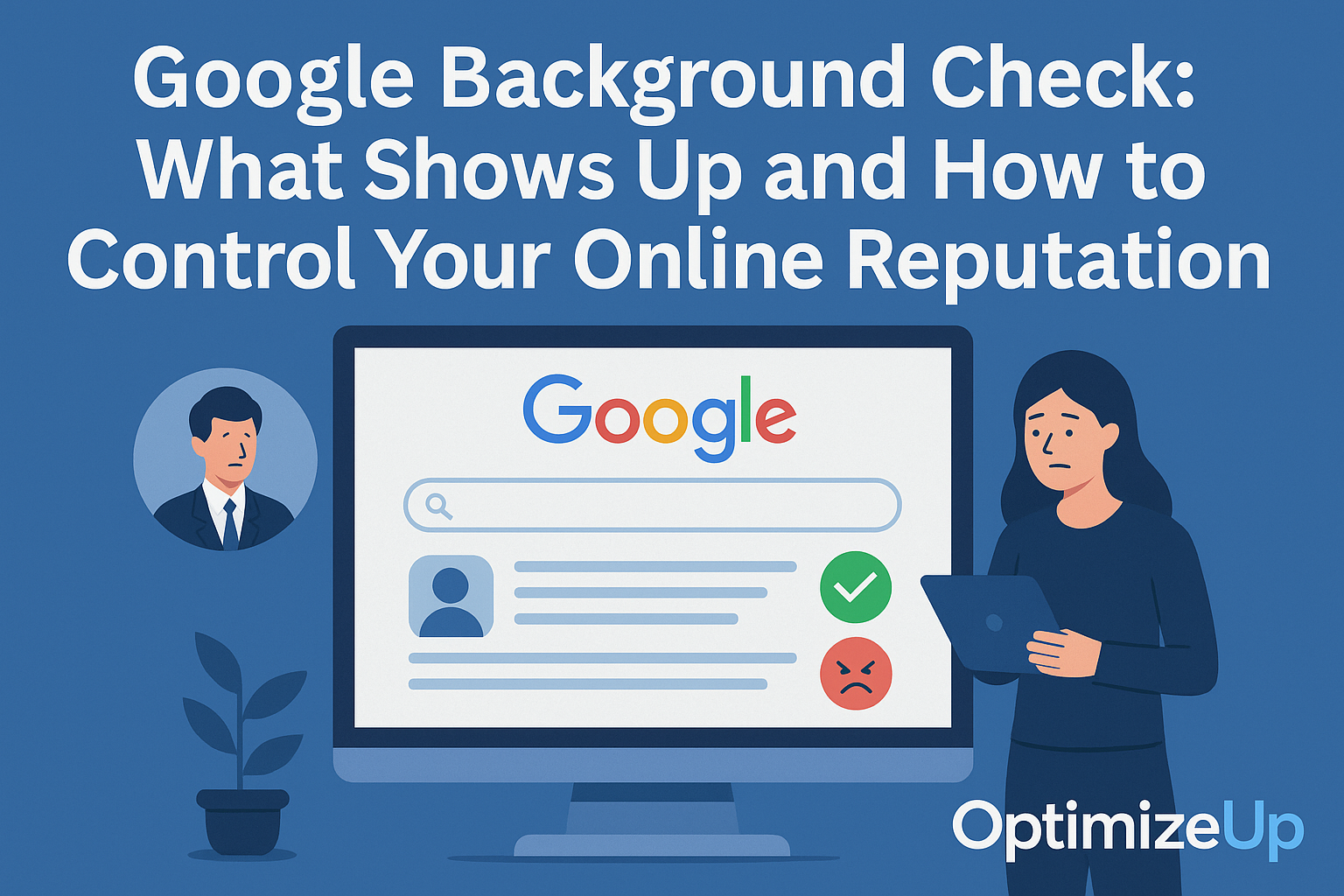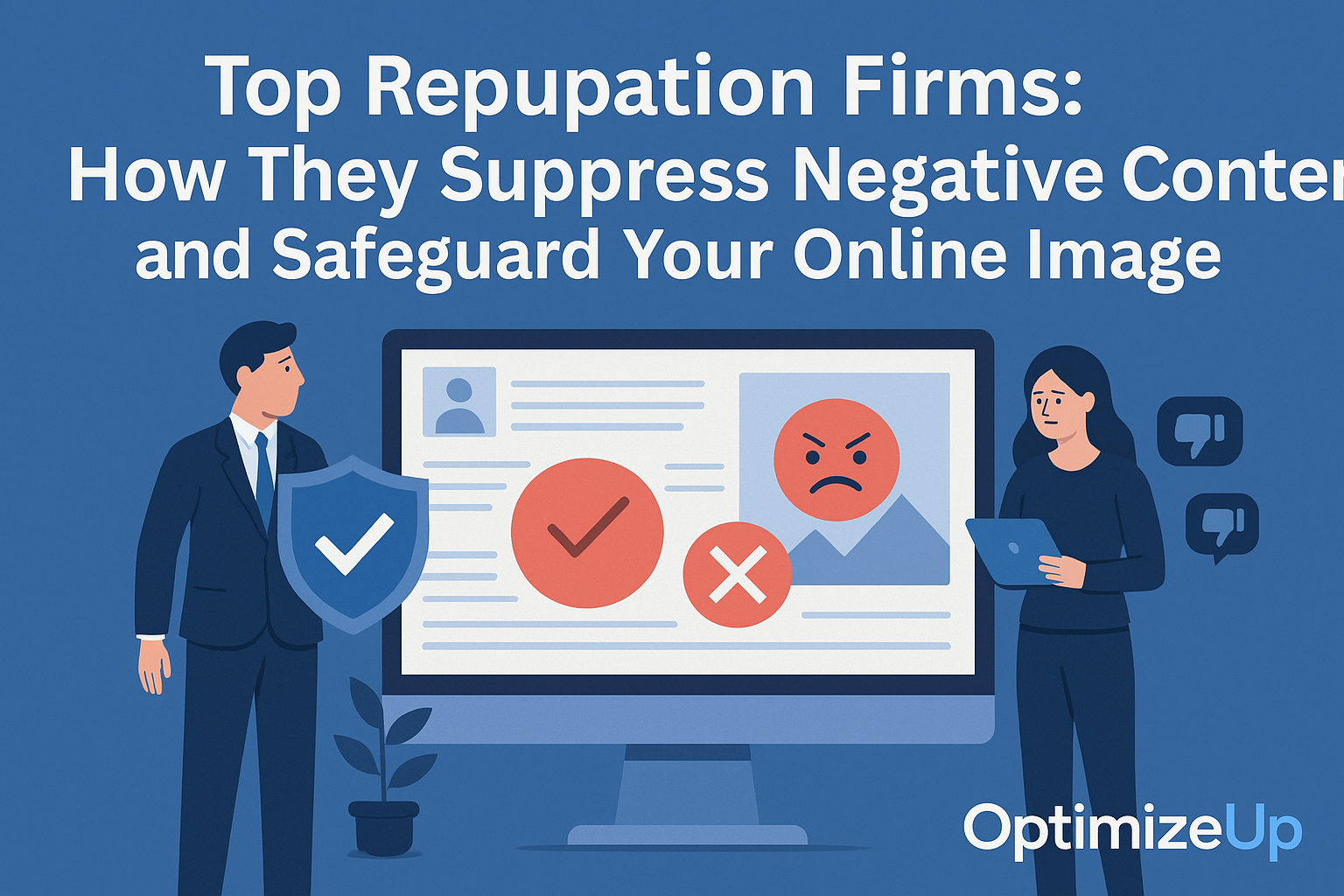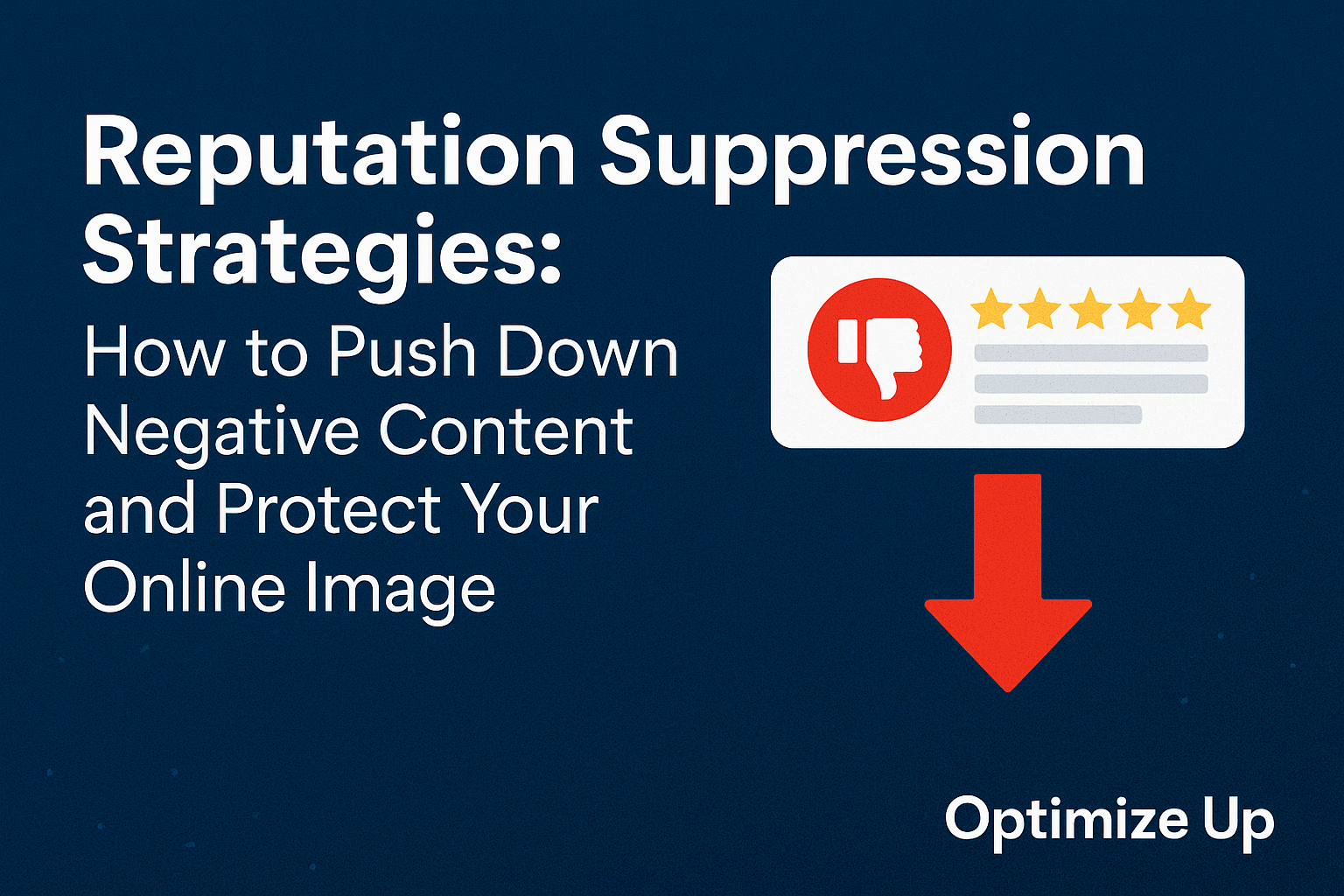In the ever-evolving world of academia, professors are not only expected to be experts in their field but also trusted mentors and influencers. With the rise of technology and social media platforms, establishing credibility and maintaining trust has become more challenging than ever before. In this blog post, we will delve into the importance of reputation management for professors and explore practical strategies to enhance credibility and foster trust among students, peers, and the wider academic community. Join us as we uncover why prioritizing reputation management is crucial for today’s educators aiming to leave a lasting impact on both present and future generations.
Overview of Reputation Management and why it is important for Professors
It is essential for professors to prioritize reputation management in order to enhance credibility and trust. In today’s digital age, prospective students can easily find information about professors online before making a decision about whether or not to take their course. If a professor has a bad reputation, it can dissuade students from taking their course.
There are many factors that contribute to a professor’s online reputation, including reviews from past students, articles written about them, and social media posts. Prospective students often read these reviews and articles to get a sense of what the professor is like and what their courses will be like. It is important for professors to keep an eye on their online reputation and make sure that they are putting their best foot forward.
There are several ways that professors can improve their online reputation. One way is by engaging with their audience and responding to reviews and articles. Another way is by being active on social media and sharing positive content about their work. Professors can also work with professional reputation management companies to help them monitor their online presence and protect their reputation.
Understanding Your Reputation: How to Research & Manage Your Online Presence
It’s no secret that online search engines are the new yellow pages. In today’s digital age, potential employers, colleagues, and students are increasingly likely to research an individual’s online presence before making any decisions. For professors, this means that managing one’s online reputation has become essential to maintaining credibility and trust.
Here are a few tips on how to research and manage your online presence:
- Use Google Alerts to track what is being said about you online. This way, you can be proactive in addressing any negative information that appears.
- Be sure to claim your author profiles on sites like Academia.edu and ResearchGate. By doing so, you can control the information that appears about you and ensure that it is accurate and up-to-date.
- Manage your social media accounts carefully. Consider creating separate accounts for personal and professional use if necessary. Be mindful of what you share publicly and remember that anything you post can potentially be seen by anyone in the world.
- Don’t forget about the power of search engine optimization (SEO). By optimizing your website and online content for relevant keywords, you can help ensure that positive information about you appears at the top of search results.
Building a Positive Online Presence: Tips & Strategies on Creating An Authentic Image
It’s no secret that the internet is a powerful tool – one that can be used to build or destroy reputations. In the age of social media and online search engines, it’s more important than ever for professors to pay attention to their online presence and manage their reputation accordingly.
There are a few key things to keep in mind when it comes to creating and maintaining a positive online presence:
- Be authentic. It’s important to be genuine in everything you do – from the way you interact with others online to the content you share. Don’t try to be someone you’re not – people will see right through it.
- Share quality content. Whether you’re sharing your own original articles or blog posts, or curating content from other sources, make sure it’s high-quality and relevant to your audience.
- Engage with others. The best way to build relationships and trust online is by engaging with others in a meaningful way. Share your thoughts and insights on relevant topics, comment on other people’s posts, and join in on discussions.
- Monitor what’s being said about you. It’s important to keep an eye on what people are saying about you online – both good and bad. Use Google Alerts or another similar service to stay up-to-date on any mentions of your name or brand so you can address any negative feedback quickly and effectively.
By following these tips, you can start building a positive online presence and creating an authentic image for yourself. Remember, it takes time and effort to build a strong reputation – but it can be done. Good luck!
Using Social Media to Enhance Your Credibility & Trustworthiness
The use of social media has become increasingly important for individuals who wish to maintain and enhance their credibility and trustworthiness. In particular, professors must prioritize reputation management in order to protect their careers and personal reputations.
When used correctly, social media can be an excellent tool for building one’s credibility and trustworthiness. For example, LinkedIn is a great platform for connecting with other professionals and sharing scholarly articles or research. By being active on social media, professors can show that they are engaged with their field and up-to-date on the latest research.
In addition, social media can be used to proactively manage one’s reputation. For example, if there is a negative article about a professor online, he or she can use social media to share their side of the story. By being proactive about managing one’s reputation online, professors can protect their careers and personal reputations.
It is clear that social media can be an extremely valuable tool for enhancing credibility and trustworthiness. Professors must make sure to prioritize reputation management in order to safeguard their careers and personal lives.
Mitigating Risk: How to Handle Negative Reviews and Feedback
In the age of social media, it’s more important than ever for professors to be aware of their online presence and Reputation. With a few clicks, students can easily post negative reviews or feedback about their professors online, which can impact the professor’s credibility and trustworthiness.
There are a few ways professors can mitigate risk and handle negative reviews or feedback:
- First, it’s important to keep an open mind and listen to what students are saying. There may be some valid points that can be used to improve the course or teaching methods.
- Second, don’t take it personally. It’s important to remember that not every student will like every professor, and that’s okay.
- Third, respond professionally and courteously to any negative reviews or feedback. This shows that the professor is willing to listen and engage in constructive dialogue.
By following these steps, professors can help enhance their credibility and trustworthiness among students.
Why Reputation Management is Crucial for Academic Success
As a professor, your reputation is everything. It is the foundation upon which your career is built. If you do not have a good reputation, it will be very difficult to be successful in academia.
There are many reasons why reputation management is so important for professors. First and foremost, your reputation is the key to getting hired and promoted. If you have a good reputation, you will be more likely to get hired and promoted than if you have a bad reputation.
Second, your reputation can determine how much funding you receive. If you have a good reputation, foundations and other organizations are more likely to give you grant money. This money can be used to support your research or to help pay for your teaching expenses.
Third, your reputation can impact your ability to get tenure. Tenure is important because it gives you job security and allows you to pursue your research without fear of losing your job. If you have a good reputation, it will be easier to get tenure than if you have a bad reputation.
Fourth, your reputation can determine whether or not students take your classes. If students perceive you as being an expert in your field, they are more likely to enroll in your classes. However, if they perceive you as being unprofessional or unreliable, they may choose to avoid taking your classes altogether.
Reputation management is therefore crucial for academic success. By managing your online presence and building a positive reputation, you can increase your chances of getting hired and maintaining a position as a professor at a college or university.

Google Background Check: What Shows Up and How to Control Your Online Reputation
Before anyone contacts you, they Google you. Learn what shows up during a Google background check and take full control of your online reputation using proven strategies, tools, and reputation management services.
Top Reputation Firms: How They Suppress Negative Content and Safeguard Your Online Image
Top reputation firms are redefining online image management by expertly suppressing negative content and building resilient brand authority. Learn how these experts protect personal and corporate reputations through legal strategies, SEO mastery, and proactive content development.
Reputation Suppression Strategies: How to Push Down Negative Content and Protect Your Online Image
In today’s search-driven world, your online image is one of the most valuable assets you own. Negative content that ranks highly in […]
Shipping Service Reputation Management: Proven Strategies to Build Trust and Win More Business
In the high-stakes world of logistics and shipping, your reputation is your greatest asset. This guide reveals effective reputation management tactics to earn trust, attract clients, and shield your brand from negative reviews and unfair complaints.









